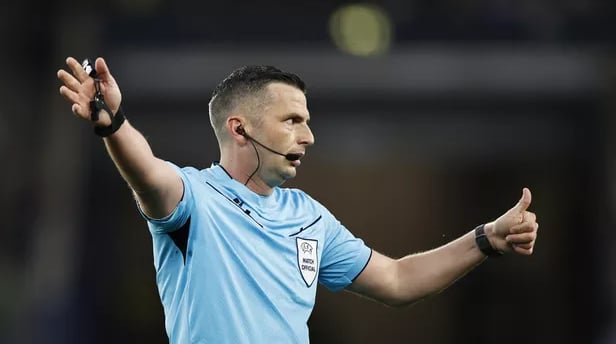Club World Cup 2025: FIFA relies on artificial intelligence to detect offside
FIFA announces a major technological advance
FOOTBALL
Par Louis Emmanuel
6/8/20252 min read


FIFA has unveiled one of the major innovations of the upcoming 2025 FIFA Club World Cup: the introduction of a semi-automated offside detection system powered by artificial intelligence (AI). This cutting-edge technology, first tested during the 2022 World Cup in Qatar, will be enhanced and fully implemented for this expanded edition of the global club competition.
With this move, FIFA reinforces its digital shift, aiming to make football fairer, more accurate, and more fluid. Offside decisions—often controversial—are expected to become clearer and quicker.
How Does AI-Powered Offside Detection Work?
The system uses a network of specialized cameras placed around the stadium, combined with AI software capable of analyzing up to 29 data points per player, 50 times per second. Every player movement is tracked in real time, especially body parts involved in potential offside situations.
Additionally, a sensor embedded in the official match ball ensures exact synchronization with the moment the pass is made—crucial in determining offside calls.
The AI then automatically generates 3D animations and instantly sends an alert to the video assistant referee (VAR), who can confirm or overturn a questionable offside position in just seconds.
Faster, More Accurate Decisions
The primary goal of this technology is to drastically reduce offside review times. During the last World Cup, VAR interventions often took over a minute, creating dead time and frustration for both fans and players.
With AI, FIFA promises decisions in under 25 seconds, maintaining high precision. This speed enhances match fluidity and limits extended protests from players and coaches.
Full-Scale Deployment at the 2025 Club World Cup
The 2025 Club World Cup, which for the first time will feature 32 teams, will serve as a large-scale test for this innovation. All participating stadiums will be equipped with this advanced system, allowing FIFA to assess its performance in a high-pressure competitive environment.
Teams from all five continents will benefit from the same technological arbitration standards, helping to eliminate disparities between national and international competitions.
A Response to Ongoing Offside Controversies
Since the introduction of VAR, offside calls remain among the most debated. While video review has corrected many blatant errors, it has also raised new concerns: Which body part counts? Is the timing precise enough? Can a matter of millimeters truly decide an offside?
By automating the most technical aspects, AI reduces human subjectivity in these assessments. The goal is not to replace referees, but to provide them with a faster, more reliable decision-making tool.
Praised Yet Still Controversial
While many see this as a necessary revolution, others are more skeptical. Critics warn of a gradual dehumanization of football, where machines increasingly replace human judgment.
Others worry the technology may widen the gap between elite competitions and smaller leagues, which may not be able to afford such systems.
FIFA, however, emphasizes that this AI solution is scalable and adaptable to other contexts—even lower-tier competitions in the future.
A New Era for Football Refereeing
The integration of artificial intelligence into professional football marks an irreversible trend. After goal-line technology, video assistants, and ball sensors, semi-automated offside detection represents a major step toward “augmented refereeing.”
The 2025 Club World Cup could become a benchmark for innovation in officiating, laying the foundation for the future of football—a future where technology, properly managed, becomes a powerful tool for transparency and fairness.
